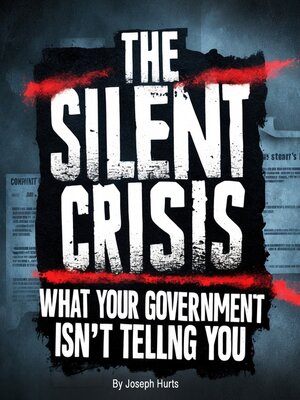
Sign up to save your library
With an OverDrive account, you can save your favorite libraries for at-a-glance information about availability. Find out more about OverDrive accounts.
Find this title in Libby, the library reading app by OverDrive.



Search for a digital library with this title
Title found at these libraries:
| Library Name | Distance |
|---|---|
| Loading... |
This audiobook is narrated by a digital voice.
Modern democratic governments have developed sophisticated systems for controlling the flow of information to their citizens, not through crude censorship or propaganda, but through subtle mechanisms of classification, selective disclosure, timing manipulation, and narrative framing that shape public understanding while maintaining the appearance of transparency and openness. These information control systems operate largely outside public awareness, creating significant gaps between what citizens know about their government's activities and what government officials know about the challenges and crises facing their societies.
The classification and secrecy systems that govern government information have expanded far beyond their original purposes of protecting national security to encompass vast areas of government activity that have little or no connection to legitimate security concerns. The criteria for classifying information are often subjective and may be applied to protect government officials from embarrassment or criticism rather than to protect genuine national interests. The volume of classified information has grown exponentially over recent decades, with millions of documents being classified annually while the declassification process has failed to keep pace, creating ever-larger repositories of hidden government information.
The selective disclosure practices that government agencies use to manage public perception involve strategically releasing certain information while withholding other details that might change public understanding or evaluation of government policies and performance. Government officials may leak favorable information to friendly journalists while using classification or other restrictions to prevent release of unfavorable information. This selective approach to transparency allows governments to maintain control over public narratives while appearing to provide access to government information.







